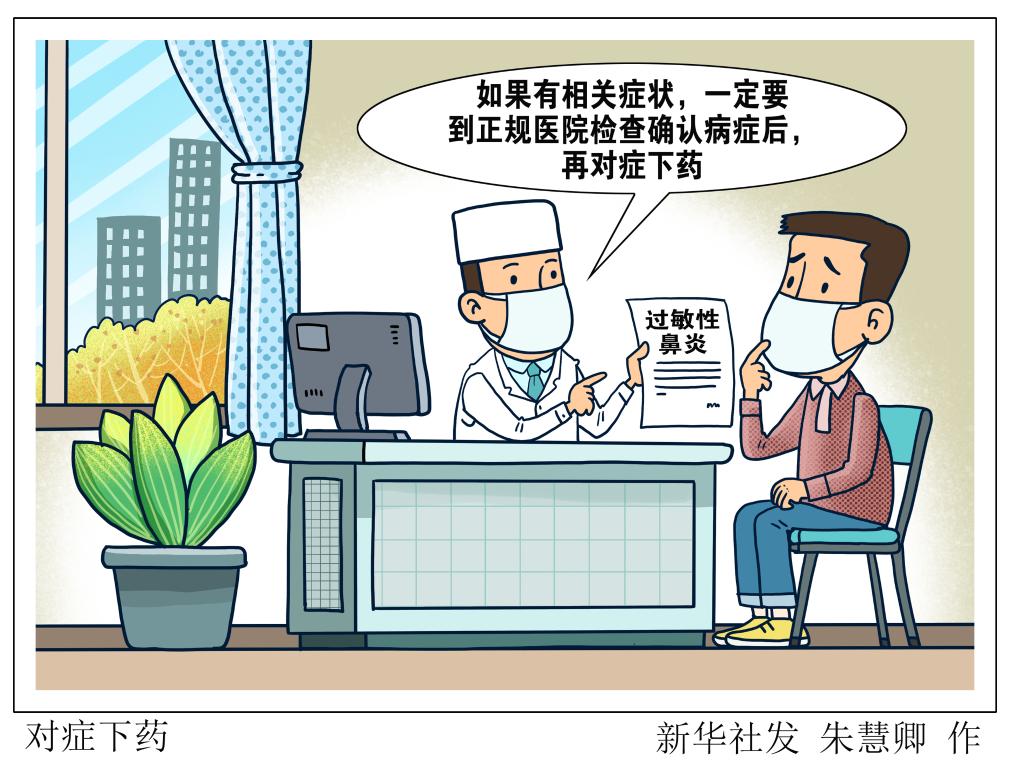Patients with allergic rhinitis should pay attention to prevent the pollen season from being prolonged this autumn.
Xinhua News Agency, Beijing, October 14th (Reporter Tian Xiaohang) itchy nose, stuffy nose, runny nose and sneezing … … The attack of allergic rhinitis is miserable. Experts say that allergic rhinitis induced by pollen in summer and autumn has passed its peak, but patients with a history of allergic rhinitis still need to pay attention to prevention because of the prolonged pollen season and stronger pollen sensitization this autumn.

"The pollen allergy in autumn is mainly weed pollen, and the pollen particles of wormwood, humulus scandens and ragweed are small, which are easy to drift around with the help of dry air." Zhou Weikang, an expert in the national health science expert database and the chief physician of the Allergy Department of Chongqing People’s Hospital, said that when the air is dry and the relative humidity is lower than 50%, there are two or three winds, which will be more suitable for the spread of weed pollen.
Yin Jia, president of Allergy Physician Branch of Chinese Medical Association, said that global warming and greenhouse effect will lead to prolonged pollen season, increased pollen yield and enhanced sensitization ability. Rainstorms and floods in some parts of China this summer and autumn may make Humulus scandens, which likes humid environment, grow vigorously and prolong the pollen season. In September, a large number of Humulus scandens pollen spread in northern China, which may easily cause serious allergic rhinitis and even allergic asthma.
"At present, the peak of allergic rhinitis induced by pollen in summer and autumn has passed, but some people still have symptoms due to the prolonged pollen season." Yin Jia said that in addition, allergic symptoms appear outdoors in autumn, especially in places with many green plants, which are not necessarily pollen allergies, but may also be allergic rhinitis induced by mold, because the concentration of mold is high in places with soil and plants.
How to prevent allergic rhinitis in autumn in daily life? Experts suggest that when you come back outdoors, you can wash your nose and face with salt water or clear water; Pay attention to indoor air quality and humidity, and use a humidifier if necessary; Insist on proper exercise to ensure adequate sleep; Clean the home environment regularly, and often clean the places where dust mites and pollen gather.
Sun Chen, a dermatologist resident of Peking Union Medical College Hospital, said that for patients with allergic rhinitis, avoiding contact with allergens is the most basic and effective treatment; Other treatments include systemic use of antihistamines and nasal sprays containing corticosteroids or antihistamines.